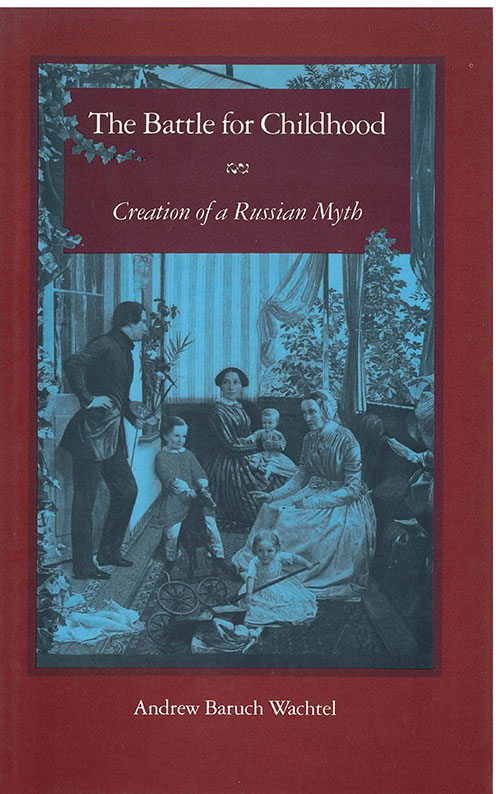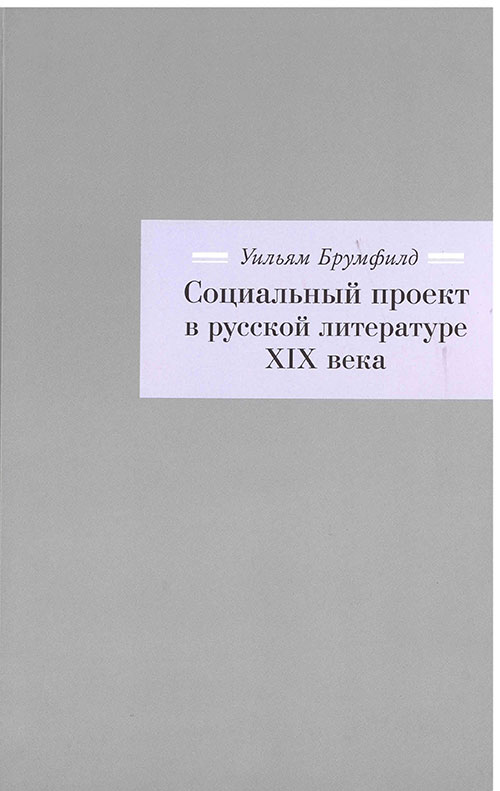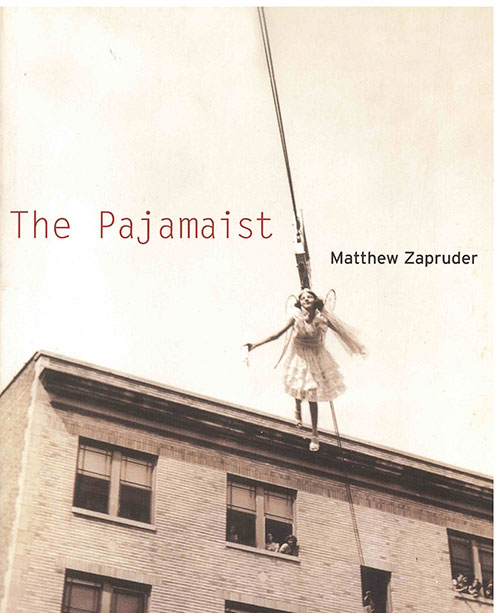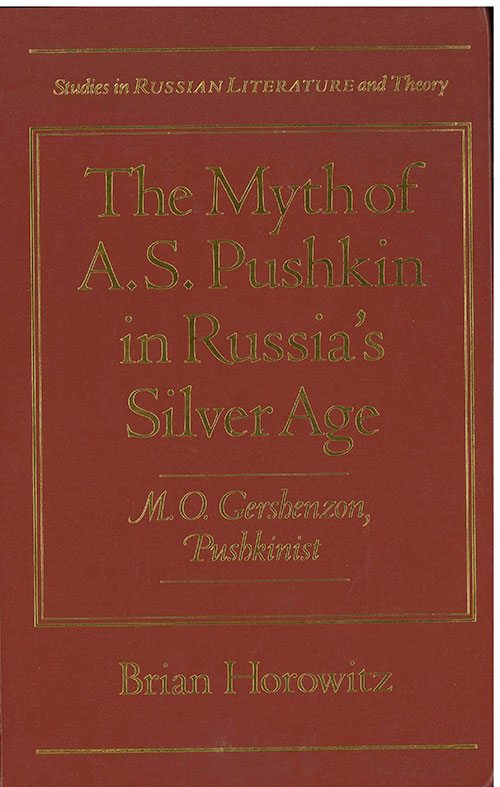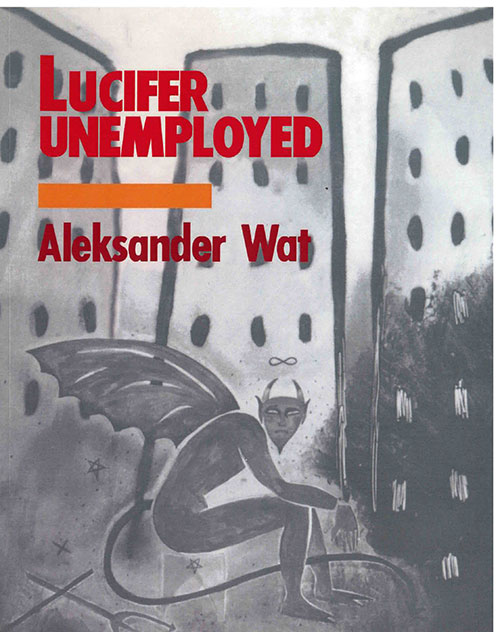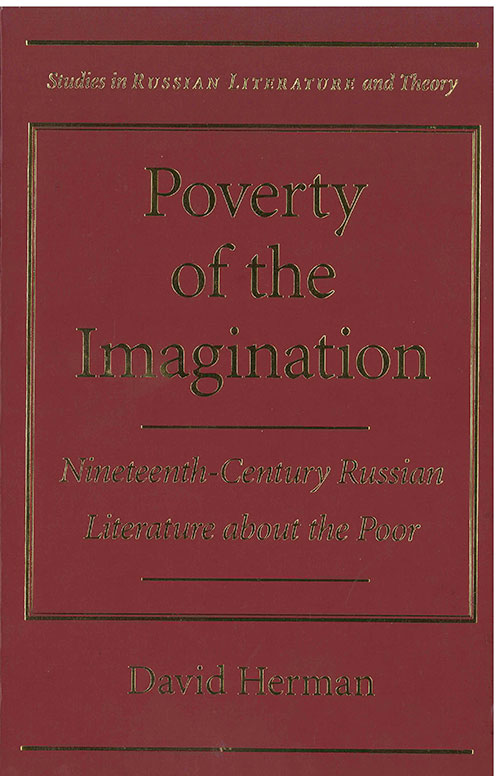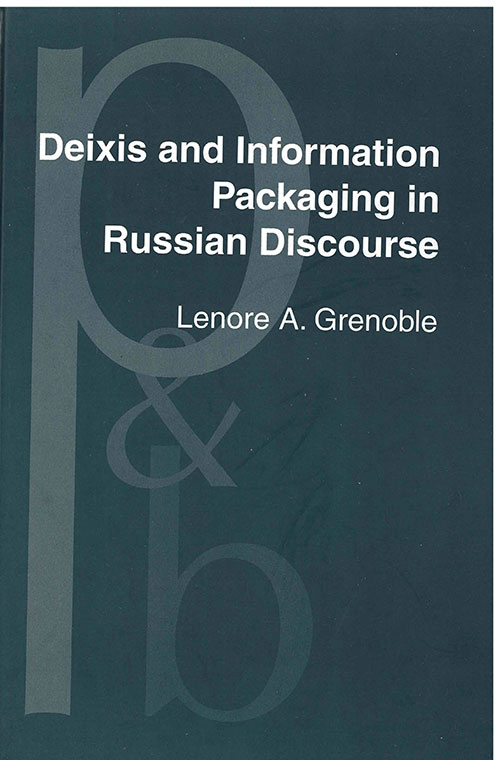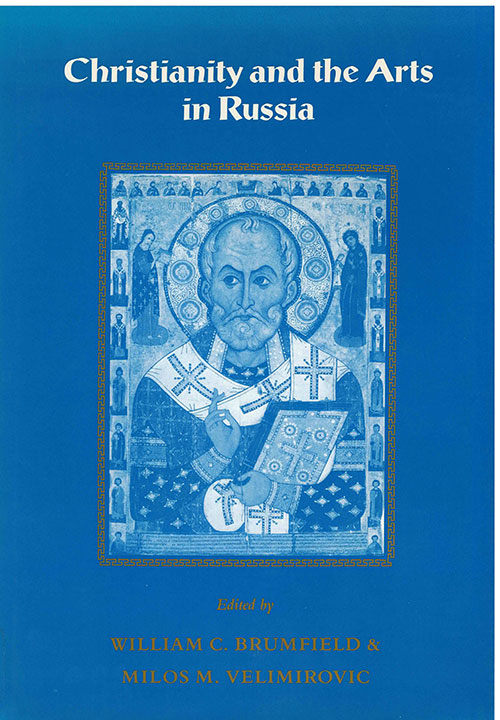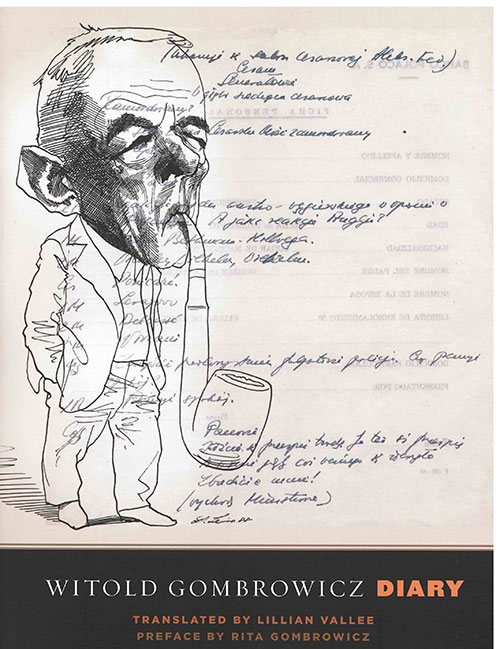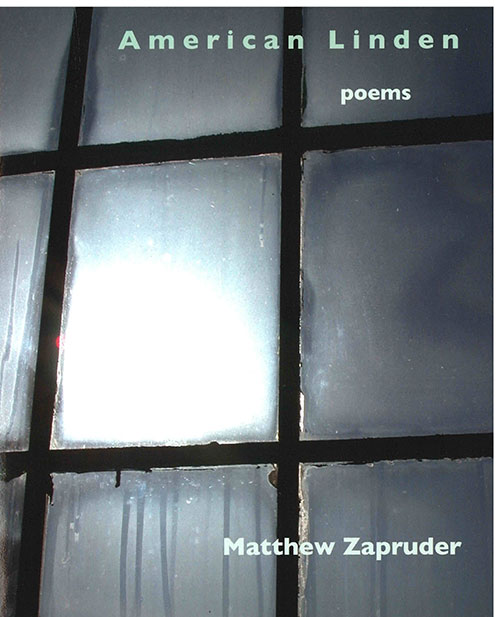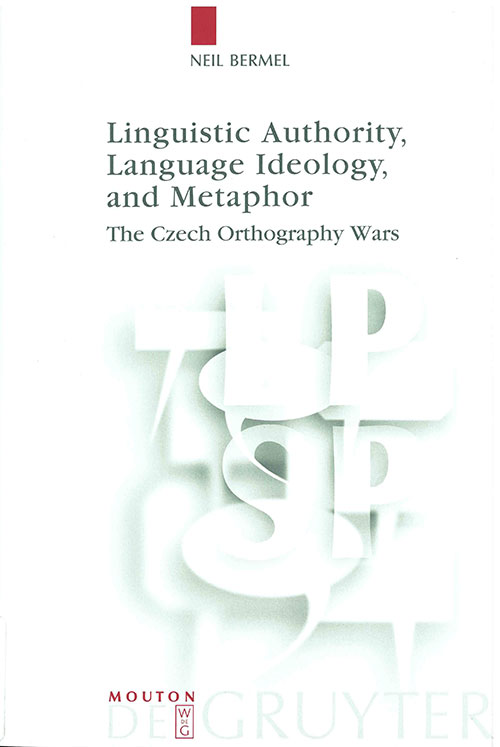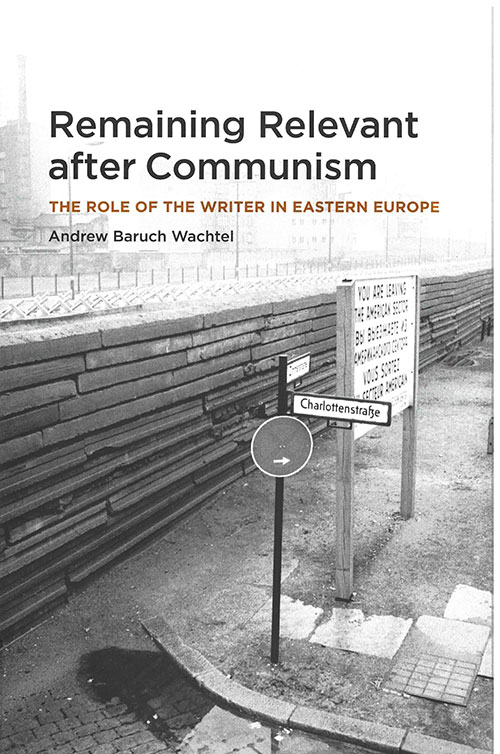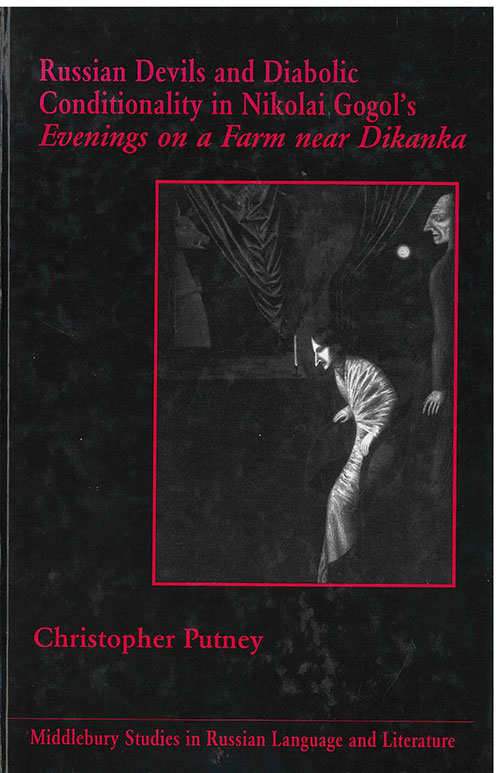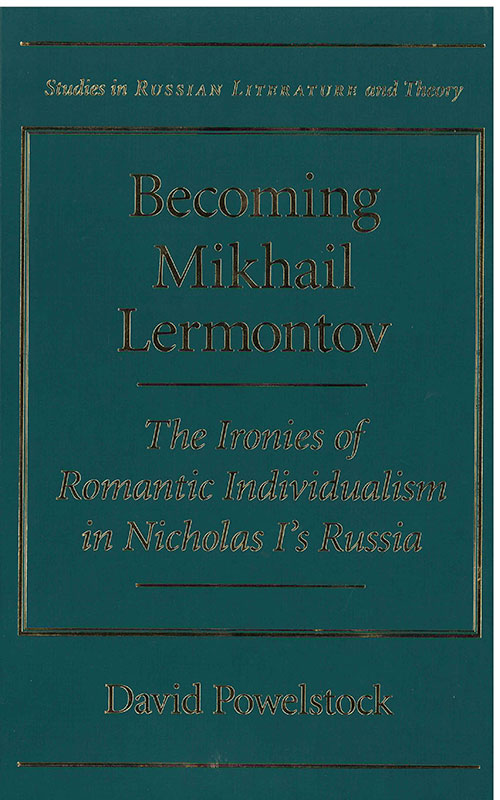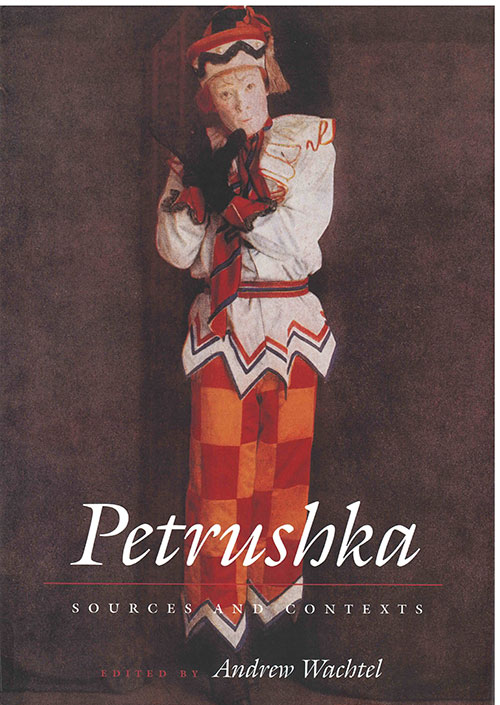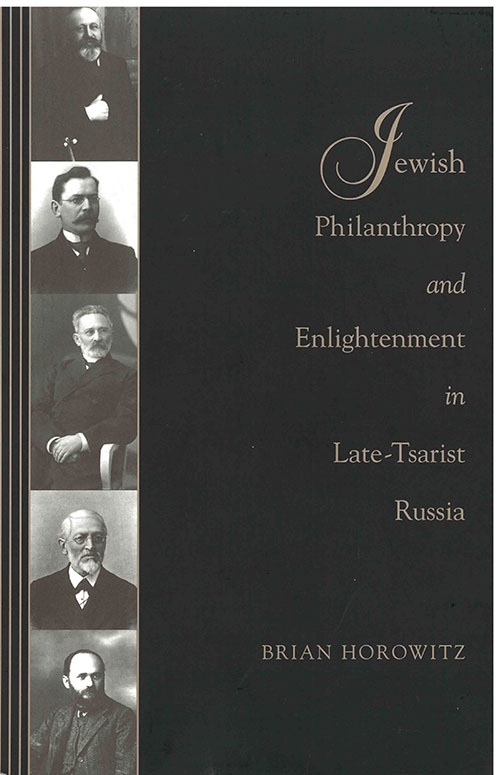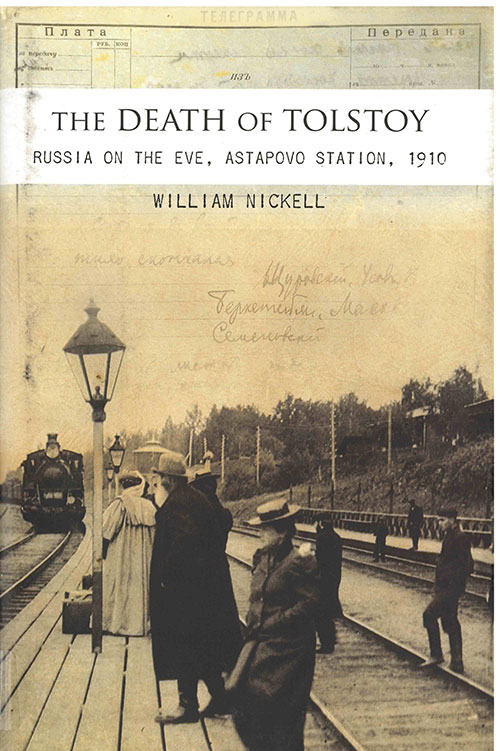SUPPORT & TEACHING
The department strives to support all our graduate students for six years, and, where necessary, for an additional year. Support comes from a variety of sources: competitive university fellowships, departmental funds, as well as teaching and research appointments. As a rule we do not admit students whom we cannot support.
The Slavic Department provides the majority of its students the opportunity to teach as Graduate Student Instructors, or “GSIs,” for which they receive ongoing training in pedagogy. Appointments are made in the spring semester prior to the upcoming academic year. Graduate students teach Russian and other Slavic language as well as individually-designed courses in literature through the university’s Reading and Composition program. Slavic students have also taught in the departments of Comparative Literature, Linguistics, and Women’s Studies as well as in the Film Studies programs.
It is rare that we need to hire a student from another department to teach one of our language or Reading and Composition courses. If you are a student from outside the department interested in a teaching position with us, please first contact the Department Chair to inquire if the department is in need of additional GSI’s.
Students should be aware of the information and resources regarding teaching that are available both in the Slavic library as well as online:
http://gsi.berkeley.edu
https://gsi.berkeley.edu/teachingguide/readingcomp/index.html
https://gsi.berkeley.edu/teachingguide/readingcomp/resources.html
ANNUAL REVIEWS OF PROGRESS AND FUNDING
Continuing students are given an annual review, usually early in the Spring semesters, to plan funding for research, language acquisition and the coming academic year’s teaching.
In general, evaluation of student progress and performance is a continuous process which takes place throughout the year, especially during each semester’s registration advising period with the Graduate Adviser. He or she also schedules interviews with students at the end of the first year and following major examinations. Those students who are having academic difficulties or whose candidacy for a degree is in jeopardy are given special attention.
Each spring semester—due in February—all students (those advanced and not advanced to candidacy) are reviewed by the Department Admissions and Funding Committee. The Continued Funding Application and Progress Report is required of all students (including first year). This form has three purposes: it helps the Department plan teaching assignments and budget financial support for the coming summer and academic year; it provides an opportunity for students to assess their academic progress; it allows the committee to review progress and achievements.
Students with serious deficiencies in their performance or rate of progress will be informed in writing of the specific nature of the deficiency, what steps need to be taken to correct the problem, and given a timetable according to which the student is expected to make improvement. Students with serious deficiencies may be placed on probationary status in the Department, but this is rare.


